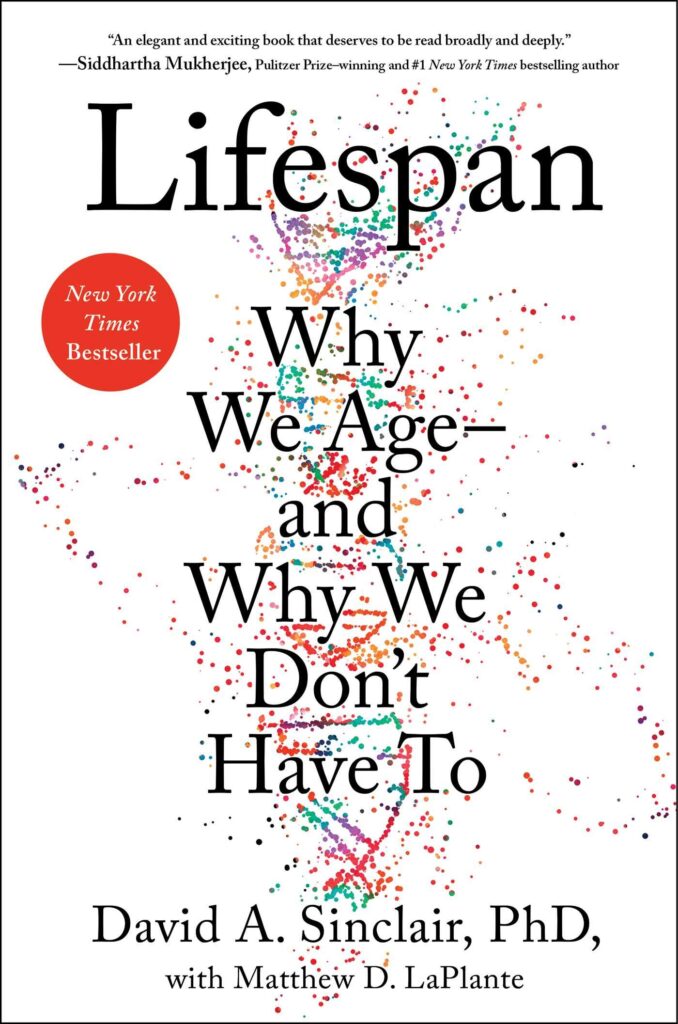
Lifespan: Dr. David Sinclair and Longevity Advancements
Dr. David Sinclair’s Pioneering Research on Longevity
In the quest to unlock the secrets of aging and extend human lifespan, few researchers have made as profound an impact as Dr. David Sinclair.
A renowned biologist and professor, Dr. Sinclair’s groundbreaking work in the field of longevity has garnered widespread attention and acclaim. Through his research, he has shed light on the underlying mechanisms of aging and offered potential avenues for extending health-span and longevity.
Dr Sinclair’s Early Career and Formative Discoveries
Dr. Sinclair, born in Australia, began his academic journey studying genetics and biochemistry. He earned his Ph.D. from the University of New South Wales and later pursued postdoctoral work at the Massachusetts Institute of Technology (MIT). During his time at MIT, Dr. Sinclair made a critical discovery involving the role of sirtuins in the aging process.
Sirtuins are a class of proteins that have been found to regulate various cellular processes, including DNA repair and gene expression. Dr. Sinclair and his team found that by increasing the activity of a particular sirtuin called SIRT1, they could extend the lifespan of yeast cells significantly. This finding opened up new avenues of research in understanding aging and its potential modulation.
The Role of Resveratrol
One of Dr. Sinclair’s most notable contributions to the field of longevity was his research on resveratrol, a compound found in red wine. Resveratrol was found to activate SIRT1, leading to improved health and longevity in various organisms, including mice. This discovery sparked public interest in the potential anti-aging effects of resveratrol and the possibility of developing novel therapeutics.
NAD+ and Longevity
Building on his earlier work with sirtuins, Dr. Sinclair delved deeper into the role of NAD+ (Nicotinamide Adenine Dinucleotide), a molecule that plays a crucial role in energy metabolism and cellular function. NAD+ levels decline as we age, affecting the activity of sirtuins and other enzymes. Dr. Sinclair’s research revealed that boosting NAD+ levels could potentially counteract age-related decline and improve cellular health.
In a series of groundbreaking studies, Dr. Sinclair demonstrated that raising NAD+ levels through supplementation with precursors like NMN (Nicotinamide Mononucleotide) could rejuvenate aging cells and tissues. These findings opened up exciting possibilities for the development of NAD+ enhancing therapies to promote healthy aging and combat age-related diseases.
The Epigenetic Clock
In recent years, Dr. Sinclair and his colleagues made another noteworthy discovery related to the epigenetic clock. Epigenetic changes involve modifications to DNA that influence gene expression without altering the underlying genetic code. The epigenetic clock is a measure of biological age, which can differ from chronological age.
Dr. Sinclair’s research demonstrated that lifestyle factors, such as diet and exercise, could influence the epigenetic clock and, consequently, aging itself. By adopting healthier habits, individuals could potentially slow down their biological aging and enjoy a longer, healthier life.
Dr. David Sinclair’s research on longevity has pushed the boundaries of scientific understanding, offering hope for a future where aging may be seen as a malleable process rather than an inevitability. Through his groundbreaking work on sirtuins, NAD+, and the epigenetic clock, he has provided valuable insights into the biological mechanisms of aging and potential interventions for promoting healthier, extended lifespans.
As Dr. Sinclair continues to lead the way in longevity research, the world eagerly anticipates the possibility of transformative breakthroughs that could revolutionize how we approach aging and health-span.
If you want to Check out David Sinclair’s newest book Lifespan, see the link below:
Resources:
Resveratrol improves health and survival of mice on a high-calorie diet
Sirtuin activators mimic caloric restriction and delay aging in metazoans
Related Posts: The Miraculous Benefits of Spermidine
Please note that certain posts on our site may include affiliate links. This means that we might receive a small commission if you make a purchase via these links, at no extra cost to you. We greatly appreciate your support!




